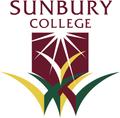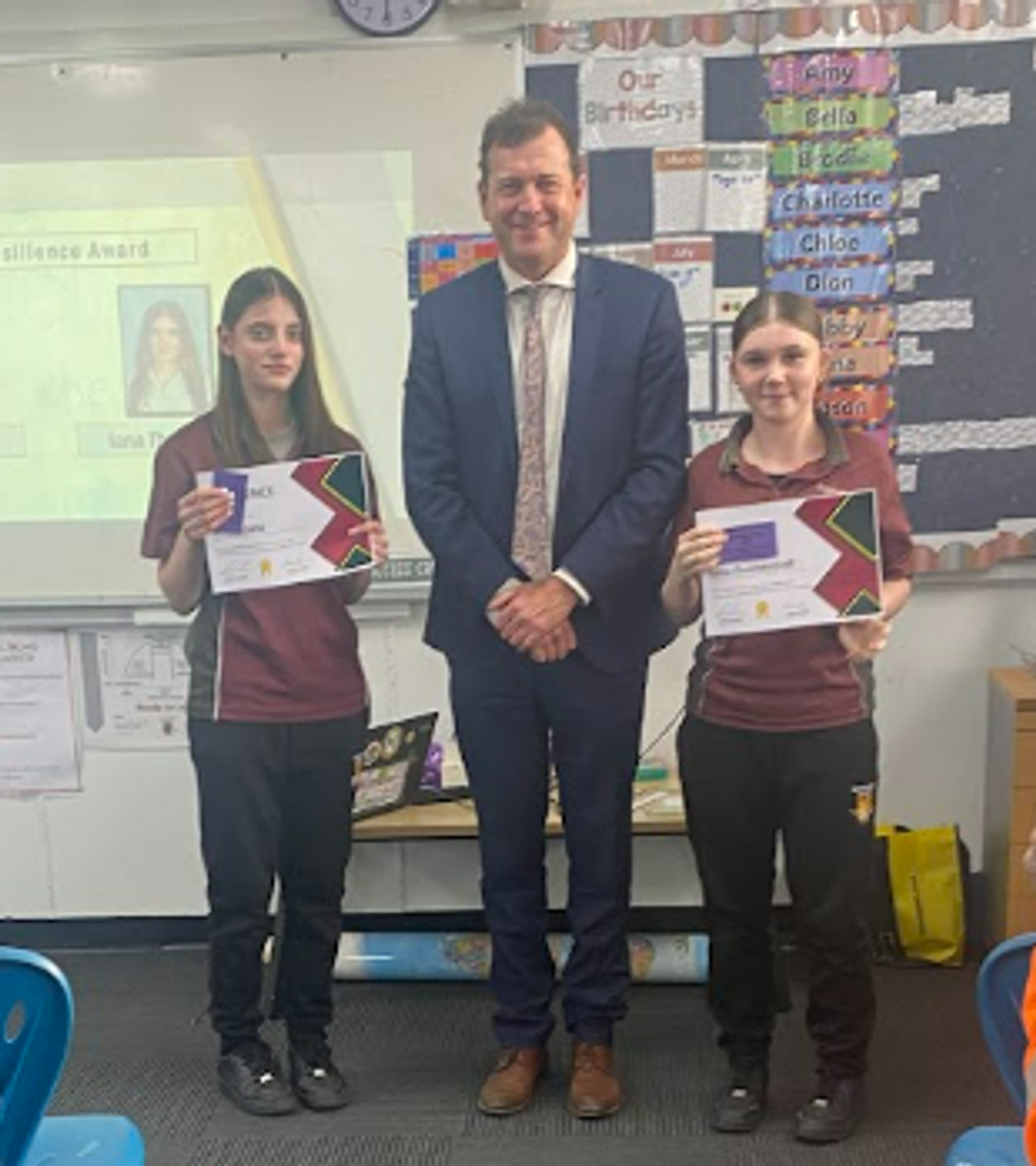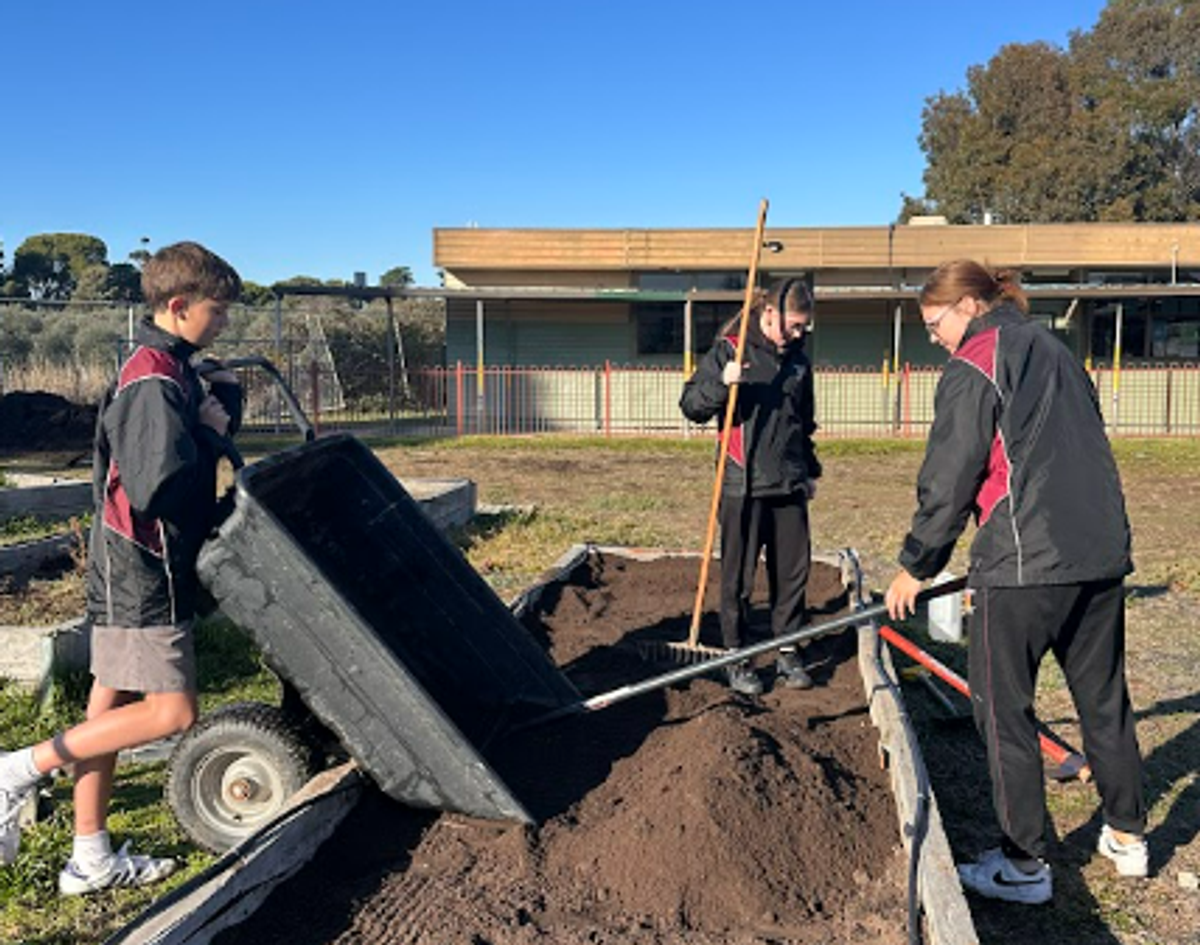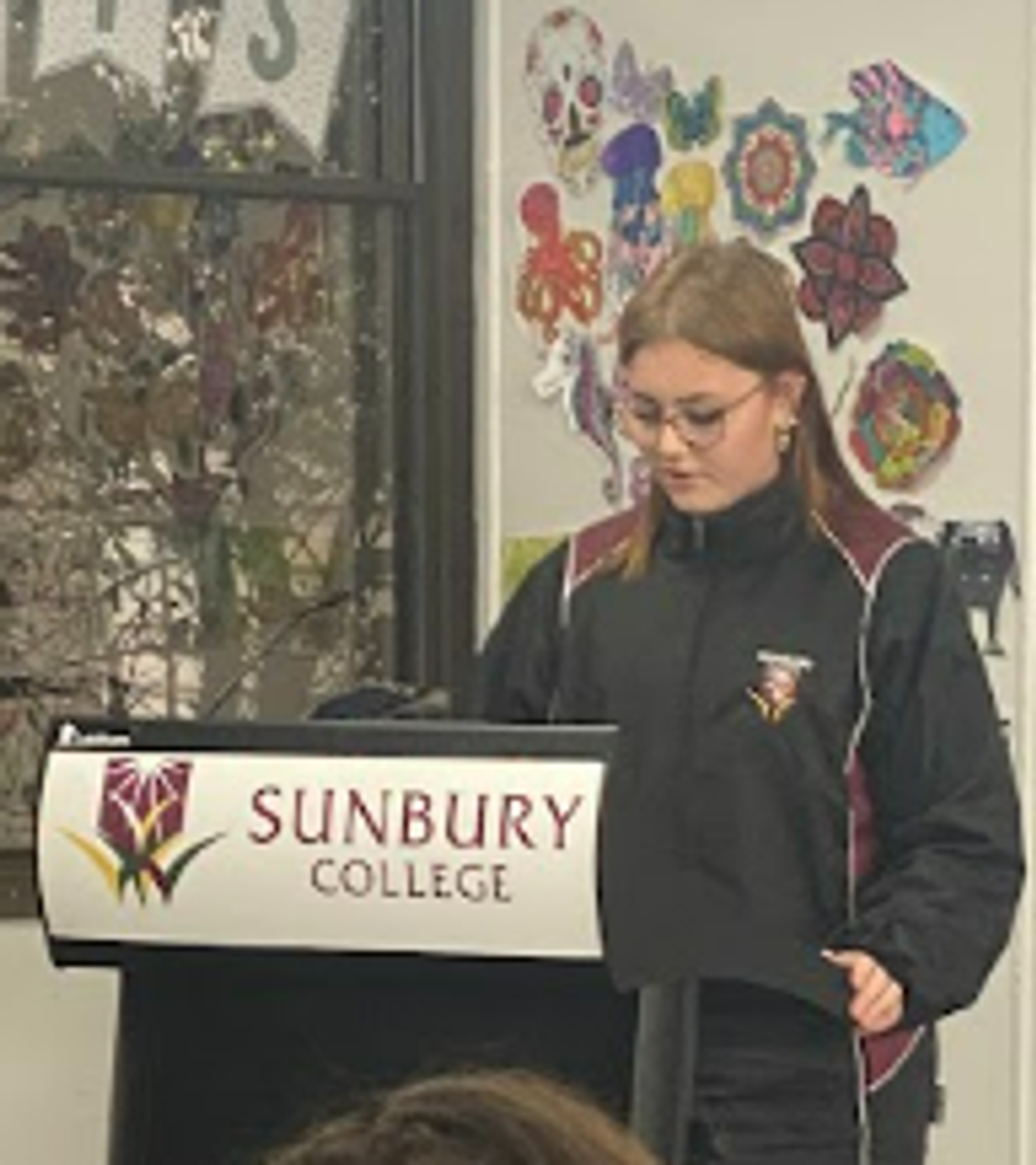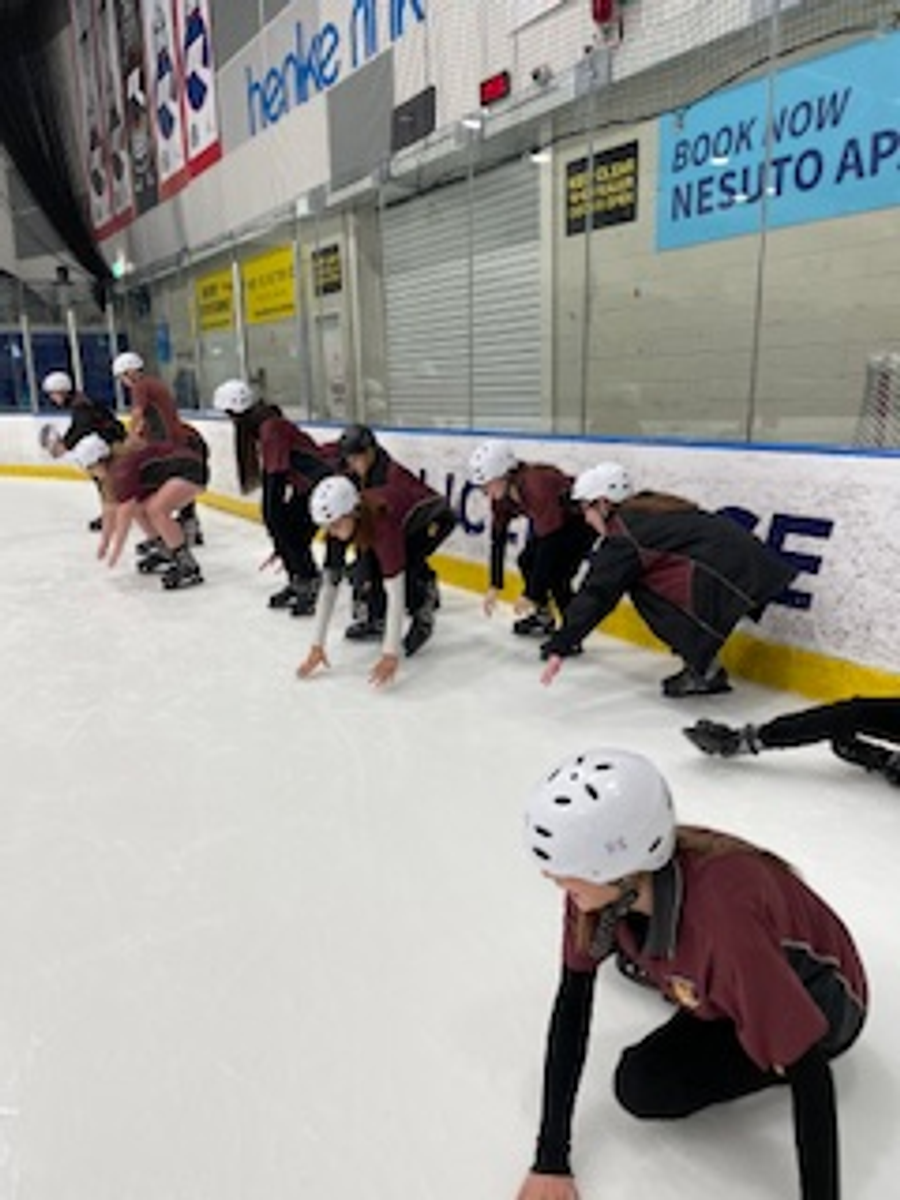Game Changers
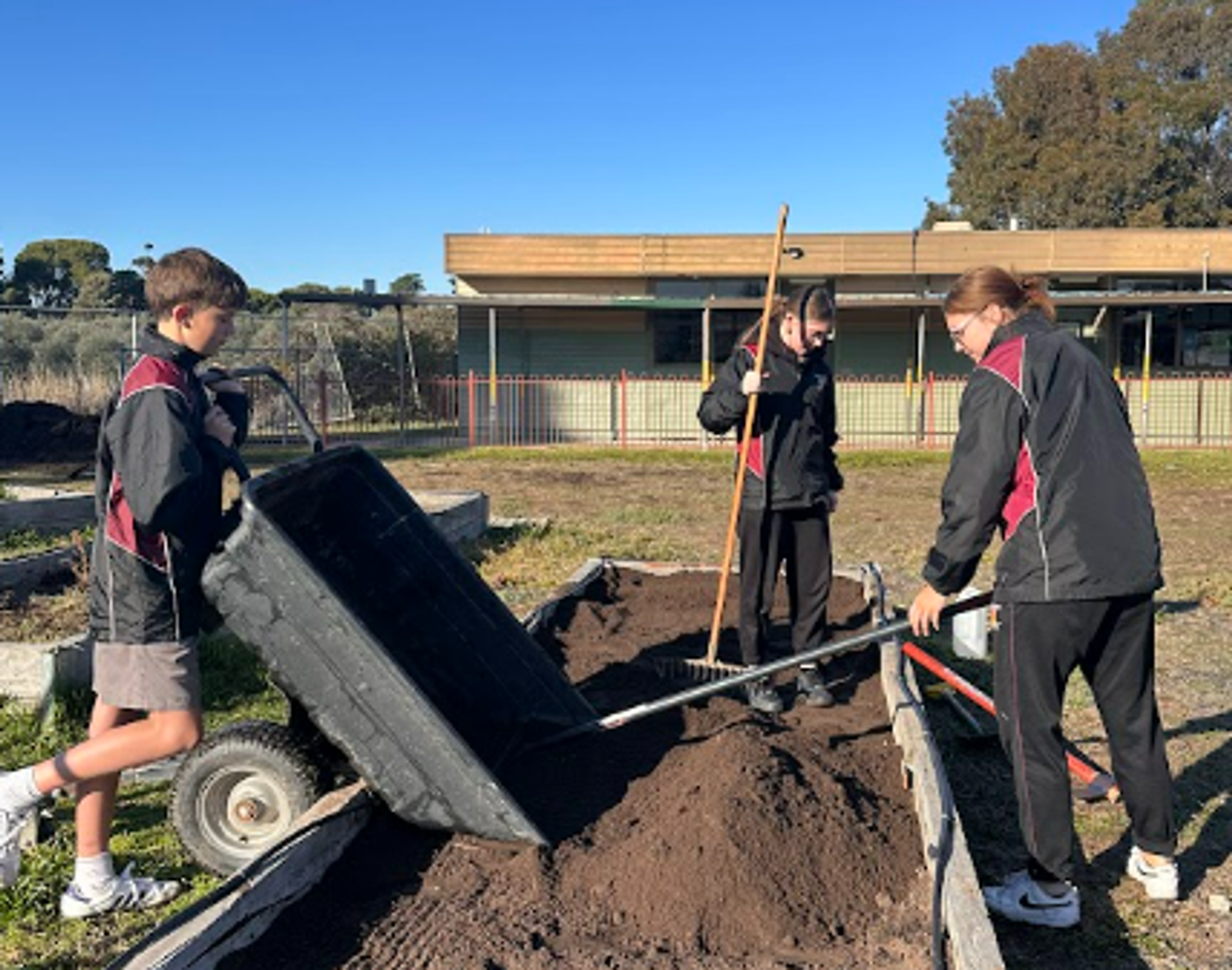
Term 2
This term’s Game Changers program involving selected students from Year 8 and Year 9, aimed to foster engagement, strengthen connections, and equip students with strategies to help them succeed in their classes.
Over the course of this term, students completed several subjects including: Project Sunbury, Literacy, Science, and Community Engagement.
During Project Sunbury, students chose to explore an array of interests from trying new recipes and making cookbooks to completing ‘gem art’ pieces and research projects on a range of topics. These projects enabled students to delve into topics that sparked their interest and creativity.
Much of the learning in Literacy classes was based around the Game Changer Garden. Students combined the challenge of getting the garden weeded, mulched, and planted with activities to improve their literacy skills and knowledge.
In Science, students completed a unit on Forensic Science where they investigated different types of scientific evidence and how such evidence is used to draw conclusions.
A highlight of the Game Changers program, and something where we see our students thrive, is in the Community Engagement project. This term, students headed to Kismet Park Primary where Sunbury College students worked with the primary students teaching them games and sports.
The Game Changers program also includes fortnightly excursions which were a highlight for our students this term. Our first excursion was a trip to the O’Brien Icehouse for an ice-skating lesson, where students demonstrated resilience with this physical challenge. Every single student successfully left the comfort of the barriers to skate along the ice, with some students even managing to skate backwards. For our second venture we made our way to Adventure Rooms Melbourne, where students were challenged to think critically and work collaboratively to solve puzzles for their escape. Our final excursion was a trip to Docklands where students enjoyed games such as bowling and laser tag.
The term culminated in our graduation afternoon held on Thursday 19th June. It was wonderful to see students and their families and teachers celebrating their success in the program. Congratulations to all students whose accomplishments were recognised and celebrated as part of the graduation.
Below are entries from two of our students for our fortnightly newsletter.
Gabby - During the past two weeks in Literacy, we all have collaboratively worked on the garden by improving how it looks. We have pulled out old weeds and shovelled in soil. After we all worked together levelling soil, we planted lettuce, carrots, garlic chives and onions.
These past two weeks have been challenging but, as a team, we powered through together. Our main topics in Literacy have been adverbials, gardening and the eight main parts of speech, which are:
- Nouns, Verbs, Adverbs, Pronouns, Interjections, Adjectives, Prepositions, Conjunctions
I am especially proud of my ability to work as a team with people I barely know, learning how to plant a garden, remembering parts of speech, and using my literacy skills to write more interesting sentences. I am proud of myself and all of us for doing our Literacy work and powering through it all as a team. These past few weeks have been a mix of fun and not so much fun. I enjoyed it.
I didn’t do so well in some parts of Literacy but I have improved a fair bit. I am usually not listening properly or doing my work, but I have started to do better and do work. Me, Iana and a couple of others which I have noticed have also improved so incredibly much by doing work and listening. It’s been fun.
Iana - Over two weeks in Literacy, we have done gardening and planted onion, carrot, garlic and lettuce. To get the garden ready, we: filled the garden up with dirt and raked it out, watered it, planted the seedlings, and put mulch on.
We learned about adverbials and parts of speech. Adverbials are words and phrases that describe actions like when, why, how and where things happen, and parts of speech are the jobs of words when they work together.
